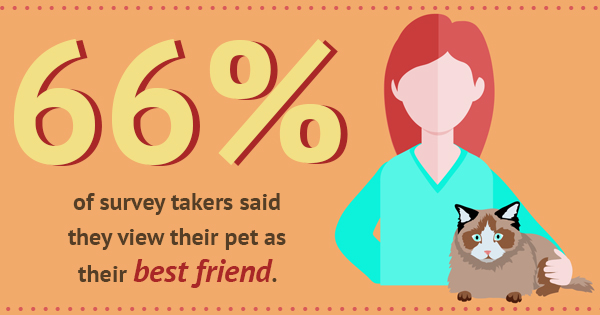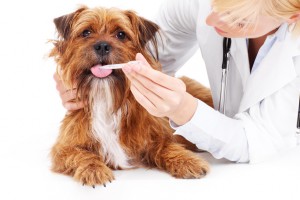 Thanksgiving is right around the corner, its time for reflection, expressing gratitude and gatherings of friends and family and of course food. The temptation for sharing your holiday food is hard to resist, as most of us relate sharing food with expressing love . As a result, thanksgiving is also a time for visiting the veterinarian or emergency , where dogs end up when they over indulged. We have prepared a list of Thanksgiving meal do’s and don’ts for pets to help your keep your pets healthy this holiday season and prevent unexpected holiday emergency and diversion.
Thanksgiving is right around the corner, its time for reflection, expressing gratitude and gatherings of friends and family and of course food. The temptation for sharing your holiday food is hard to resist, as most of us relate sharing food with expressing love . As a result, thanksgiving is also a time for visiting the veterinarian or emergency , where dogs end up when they over indulged. We have prepared a list of Thanksgiving meal do’s and don’ts for pets to help your keep your pets healthy this holiday season and prevent unexpected holiday emergency and diversion.
Don’t offer any high fat treats such as turkey skin, gravy, ham, etc and do not allow your dog to eat any poultry bones which can splinter inside your pet causing emergency visits to the vet.
Do offer cooked turkey breast or raw unseasoned vegetables like carrots, sweet potatoes, green beans, peas, or rice.
Don’t offer any dishes seasoned with onions, garlic, mushrooms, leeks, shallots, grapes, raisins, nutmeg, cinnamon, or sage which can cause gastrointestinal upset, anemia, or worse.
Don’t offer any raw meat or uncooked batter with raw eggs due to the Salmonella risk.
Do offer lots of exercise and fresh air to help calm your dog stressed by the visiting relatives (as well as decrease your stress too perhaps!).
Don’t offer your pet any food with walnuts or macadamia nuts which are potentially toxic.
Do include your pet at the meal with a high quality pet treat instead of sharing your dessert.
Don’t allow your pet to help themselves to any alcoholic beverages or sweet treats containing xylitol.
Do share the joy of giving by donating to your local animal shelter or rescue group. They need your support year round.
EZ Vet gives thanks to all of our clients, patients, and everyone else who has supported us this year.
Happy Thanksgiving!




 When you have made the decision to adopt a pet, you take on the responsibility of a life. It is up to you to ensure that your pet stays happy and healthy. With 47% of American households owning a dog and 37% owning a cat, pet care is a popular topic that more people need to be knowledgeable on. About 66% of pet owners say their pet is their best friend so it is essential to keep them happy and to get them any urgent pet care they may need. Read on for our three tips to help out your pets!
When you have made the decision to adopt a pet, you take on the responsibility of a life. It is up to you to ensure that your pet stays happy and healthy. With 47% of American households owning a dog and 37% owning a cat, pet care is a popular topic that more people need to be knowledgeable on. About 66% of pet owners say their pet is their best friend so it is essential to keep them happy and to get them any urgent pet care they may need. Read on for our three tips to help out your pets!